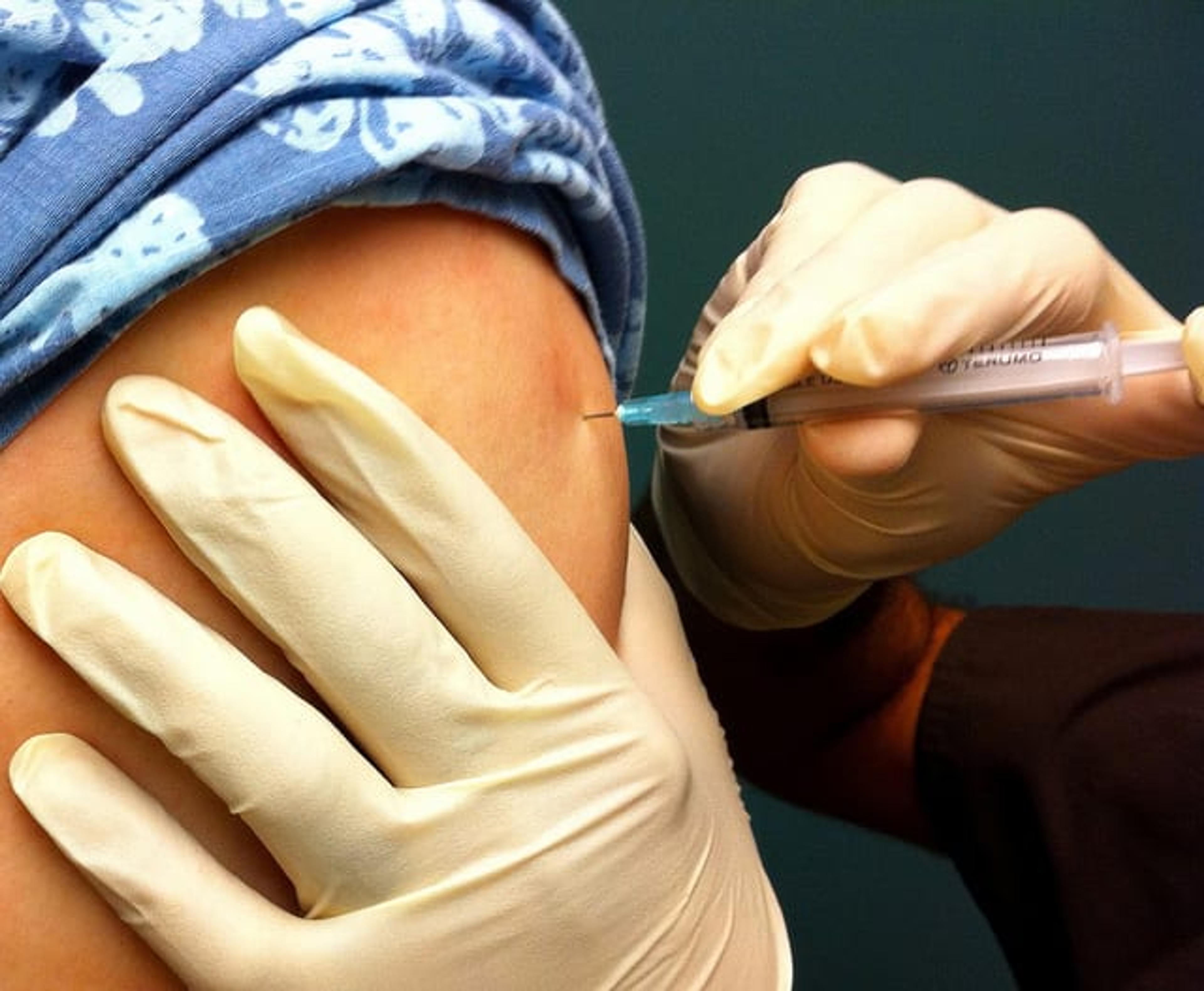The shot you may not know you need
| 2 min read

This blog post is part of #HealthyMe, a personalized web experience based on your health and wellness goals. To sign up today, visit http://www.ahealthiermichigan.org/healthyme
Whooping cough has been getting more and more press lately. Not only are our neighbors in Indiana seeing a rise in the extremely contagious disease among children, but recently a student in Antrim County was diagnosed with it. One diagnosis may not sound like a big deal, but it’s actually pretty serious. That’s because the disease, which spreads through coughing or sneezing, can transition to pneumonia in babies, which can lead to hospitalization and even death.
For a long time, the whooping cough (pertussis) vaccine has been administered to infants. More recently, adults who are around newborns were advised to receive the vaccine as well. Not sure you need a vaccine? Here are three groups of people who should receive the vaccine:
- Pregnant women: You should get vaccinated during the third trimester every time you’re pregnant. Talk to your doctor about getting the whooping cough shot.
- Family members (siblings, cousins, aunts, grandparents, etc.) and caregivers who will be around your newborn: Many pharmacies provide the whooping cough vaccine, saving your relatives a trip to the doctor. It is recommended they are vaccinated at least 2 weeks before being around the baby to build up protection.
- Babies: After birth, make sure your little one receives all doses of his whooping cough vaccine. You can find the CDC’s full recommended schedule of vaccine administration for babies here.
There are two vaccines used in the United States to help prevent whooping cough. DTaP is administered to children younger than 7 years old and Tdap to anyone older. Even if you were vaccinated as a kid, you need to get it again if you’re going to be around infants (the vaccine lasts for approximately 10 years).
Symptoms of whooping cough start out like a traditional cold: runny nose, sneezing and a mild cough. After 1 to 2 weeks, these mild symptoms transition in to a series of coughing fits, often times violent. These fits become more intense and constant, until the lungs are without air and a forced “whooping” sound is made when trying to inhale. In babies, however, the cough can seem quite minor with long, drawn-out (and life-threatening) pauses in breath. If your child has any of the above symptoms, contact your doctor immediately.
Photo credit: Blake Patterson





